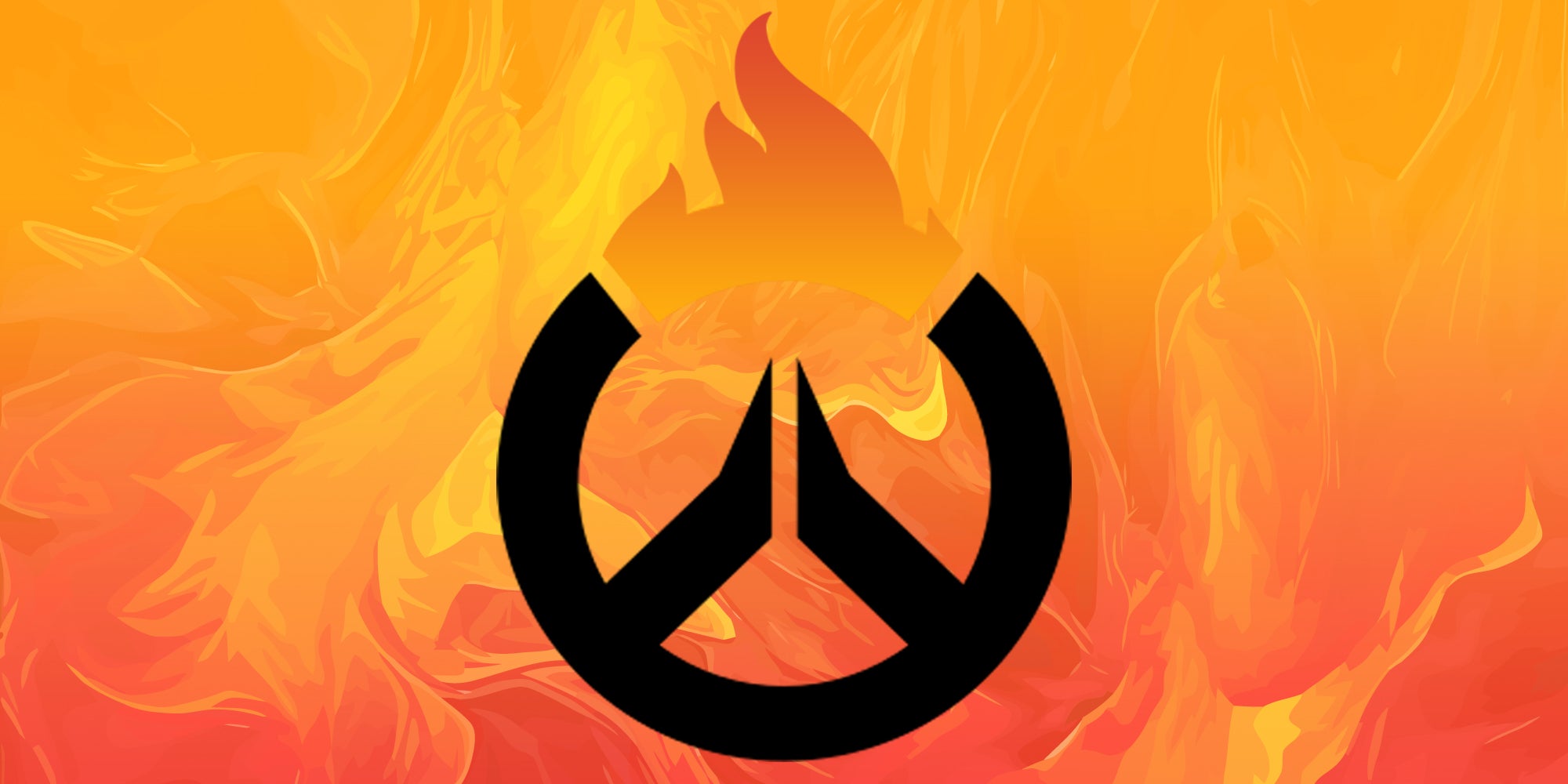
I’ll never forget how magical the 2018 Overwatch League finals were. I sat in a crowd of thousands of fans of Activision Blizzard’s team-based shooter as they screamed, cheered, and booed in a packed Barclay’s Center, riding the wave of hype of the esports league’s first season. Even the incredibly awkward performance of DJ Khaled, who didn’t even know it was a “gaming thing,” couldn’t stifle the energy out of the room when the London Spitfire firmly beat out the Philadelphia Fusion.
It was a time when Overwatch was still a fresh game on the scene, where we couldn’t get enough of robot ninjas facing off against tesla-cannon-wielding gorillas in high-stakes gunplay and combat. But the shooter, which was released in 2016, is no longer the star of the First Person Shooter genre with Fortnite eventually usurping its throne. And the Overwatch League, which was once the crown jewel that showed the potential of what esports could be, might not even be coming back at all.
Over the weekend, this year’s Grand Finals ended in a one-sided brawl where the Florida Mayhem beat out the Houston Outlaws in a 4-0 stomp. Afterward, the official Overwatch League account posted a message on X, formerly known as Twitter that they would be “focusing on building our vision of a revitalized esports program.” Many online are taking that to mean that the league is ending, which feels a bit somber.
During Activision Blizzard’s second-quarter earnings report, the company wrote that “following the conclusion of the current Overwatch League season, the teams will vote on an updated operating agreement.” If the teams fail to agree to continue, they’ll receive a $6 million termination fee. That’s quite a dip from the $20 to $35 million teams promised to pay to join in (though it’s unclear how much was paid), who were promised a worldwide, unparalleled esports league by Activision Blizzard CEO Bobby Kotick.
Kotick was a firm believer in the league in its inception and the early days. Before it launched, Kotick met with prospective team owners to sell them on his pitch and publicly said it had the potential to rival the revenues of the NFL and NBA. He wanted an esports empire, with teams each located in their own cities and having stadiums where teams would play.
But that league never really materialized. After the inaugural season, viewership started to dip more and more each year, and Kotick, who was originally in contact with team owners quite often, started to be seen less. The in-person stadium events were supposed to kick off in 2020, but the pandemic put a swift end to those dreams. Overwatch 2, the much-hyped sequel that was supposed to breathe life back into the esports scene, failed to reach expectations since it was merely the scene game with slightly tweaked hero abilities.
So now this once promising beacon of esports is potentially defunct, with fans left wondering how we even got here. For starters, Overwatch is a beautiful, yet complicated, game where viewers need to watch six-versus-six combat which can tend to get a bit cluttered or confusing. This is to say that unlike baseball or football, where you can see all the action since you only have to follow one ball, with Overwatch, the ball could be a glowing orb, hook, ninja sword, gravity bomb, grenade, or any number of tiny particle effects that can be hard to track. In short, the game is just not very approachable for the average person turning on ESPN (which the Overwatch League did cast on briefly, confusing many boomers).
Outside of the gameplay, it could also be the lack of vision or even resources that Activision Blizzard gave the league, especially after Kotick realized he wasn’t going to get the paycheck he wanted. In addition, Activision Blizzard had been dealing with myriad problems outside their games. In June, a lawsuit claimed that former employees faced “constant sexual harassment” all while the company was in talks to be purchased by Microsoft for $69 billion deal that the FTC has been trying to block. With priorities placed elsewhere, and the middling response to the company’s latest release Diablo 4, the Overwatch League got a bit passed over.
The Overwatch League may be no more, but the lessons it taught us are sticking around. Esports fans are the most devoted and caring, willing to put in the hours and time to learn what the mayhem on screen means. Kotick’s dream might not have been able to capture them (or their wallets) completely, but it is a testament to the power of games that even DJ Khaled couldn’t stifle.




